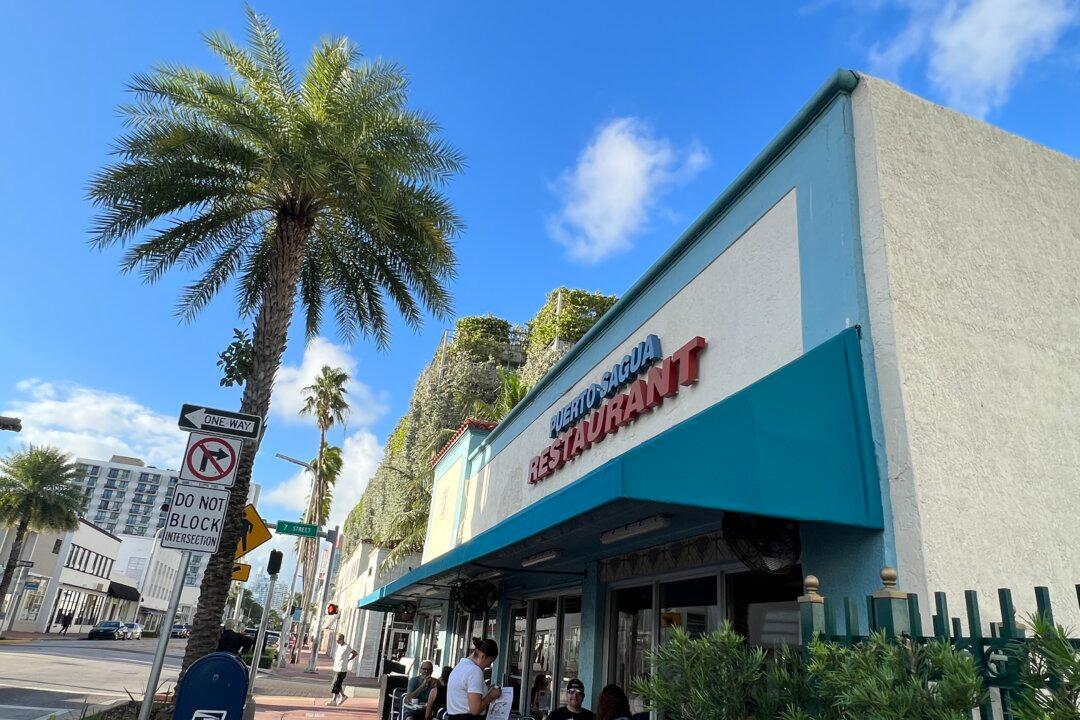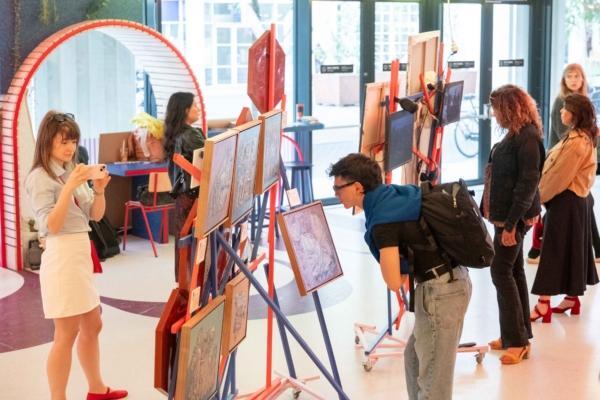History in the East and the West is strikingly similar. In the 1950s to 1970s, while Hong Kong welcomed a large number of people fleeing the “cultural revolution” in communist China, Florida, an ocean apart, became a land of freedom for Cubans escaping another communist dictatorship.
With just a sea separating Cuba and Miami, statistics show that in just one year, in 1965, about 100,000 Cubans arrived in Miami from the Cuban capital, Havana, on the “freedom flights” that operated twice daily.




